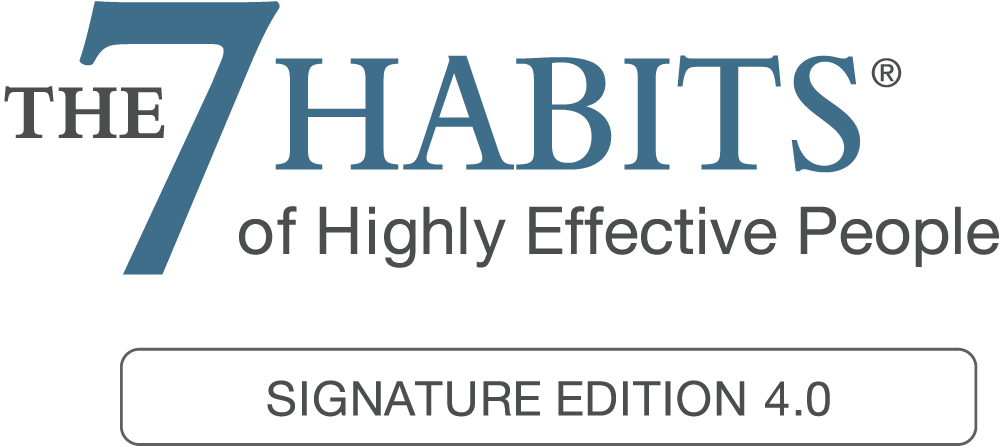Flexible working is no new concept, but it’s something that has come to prominence in the last few years. Especially now that we’re all thinking about returning to work as normal as (hopefully) the end of the pandemic is in sight. Flexible working wasn’t always an option for employees, but with remote working being forced upon us and many seeing the inevitable advantages of having more freedom at work, it’s now something that many candidates are looking for.

Flexible working is a candidate requirement but also improves your employer brand perceptions
Flexible working is no new concept, but it’s something that has come to prominence in the last few years. Especially now that we’re all thinking about returning to work as normal as (hopefully) the end of the pandemic is in sight. Flexible working wasn’t always an option for employees, but with remote working being forced upon us and many seeing the inevitable advantages of having more freedom at work, it’s now something that many candidates are looking for.
Research states that 74% of people believe that flexible working has become the new normal. Therefore, it’s no surprise that candidates are more drawn to companies that can offer them a degree of flexibility. With demand for talent high and competition fiercer than ever, more and more companies are being forced into adopting a more flexible approach to working life and saying goodbye to 9-5 office life. Otherwise, they risk losing key employees and struggling to bring new talent into the organization.
However, there is confusion about what flexible working actually means. Post-pandemic, many companies seem to believe that flexible working means giving their employees the choice of coming into the office or working remotely. This is a massive part of a flexible working policy, but it’s not the be-all and end-all.
Flexible working is a way of working that suits an employee’s needs, which means a lot more than working away from the office. It means employees should feel comfortable taking time out for medical appointments. It may mean adjusting start and finish times to accompany or even the number of hours worked, giving options for part-time, job sharing and compressed hours. What use is flexible working if employees are chained to their desks at home? Sure, they can work wearing slippers but is it giving them any more freedoms.
Flexible working is a candidate requirement but also improves your employer brand perceptions. Obviously, it’s not as easy to achieve in all industries, but for those that can implement a flexible approach to working, it creates a culture of trust, improves your employees’ wellbeing and shows you care more about them than the work they do. Employees will work better if they’re not stressed out about other aspects of their life, so giving them the opportunity and time to work around commitments or even one-off occurrences will improve employee engagement and overall employer brand perceptions. It’s about putting employees first wherever you can.\
For a workplace to be truly flexible, which many employers now claim to be, the idea of freedom needs to become more engrained in the company culture. Adapting workdays to fit around lifestyles needs to become the norm and widely accepted across the entire business. Remember that flexibility is about how you work, not just when and where.
So, we’re investing how you can really create a culture of flexible working in 2022 aside from letting your employees work remotely:
1. Be open about flexibility
From the moment you implement a flexible working policy and whenever you introduce a new team member, there should be an open dialogue surrounding the culture in your workplace. Emphasize that as long as employees get work done, it doesn’t matter the specific hours they work or if they need to leave half an hour early some days. Managers and leadership teams can lead by example, telling teams if they’re leaving early to catch a train or if they’re starting later to facilitate taking the kids to school. Secrecy will kill flexibility. If employees feel like they have to sneak around to go to a medical appointment, then your business will never achieve an authentic flexible working culture. Openness and honesty is the best way to ensure attitudes change.
* Limit meetings
There’s no use in offering a flexible approach to work if employees are in back-to-back meetings all the time. These meetings will end up dictating their schedule as both work, and personal commitments will have to work around Zoom calls or in-person events. Of course, meetings are an essential part of the working day, but we all have those meetings that could have been an email or a quick phone call. If a business wishes to become truly flexible, it’s time to ensure that these actually are emails. First, consider whether everything needs a meeting or if your business is guilty of making every question, query or issue into a group conversation. Then consider the essential meetings; which employees need to be there? In every business meeting, someone could be an optional attendee, and giving this option makes them feel less controlled by a diary of non-essential conversations and meetings.
* Don’t monitor employees
If you monitor remote employees every move, then all of your employees will feel obliged to work the same hours and will feel guilty taking time away. Employee monitoring and surveillance is a risky business, as going too far could be detrimental to your employer brand perceptions. It creates a culture of fear, and employees feel they have to be at their desk and working every second. Of course, employees need to track whether they are doing a good job and maybe even ask them to log their time to ensure they’re paying them correctly, but this can be done in a way that doesn’t instigate fear and promotes trust.
2. Train your managers
All of your managers need to be on the same page regarding flexibility. You can’t have one team who can choose the hours they work, make up hours at any time and work remotely while another team are forced into the office every day from 9 – 5. That would be incredibly damaging to your employer brand and employee morale. Every team in your business must be treated the same, and if there’s a reason they have to be in the office, for example, this needs to be articulated. They should be given another benefit which can enhance their lives like subsidised travel.
Managers need to have a similar mindset to ensure that teams are treated the same. In addition, it is management that employees will come to if they need to discuss additional needs or adapt their working hours, and therefore there needs to be a consistent attitude. This means training managers and ensuring that the flexible elements of your EVP are a staple of your company culture no matter where employees are working.
3. Set clear objectives for teams
To create a flexible work culture, you need to set clear objectives for every employee. Take the attitude of quality over quantity when it comes to work. Ensure that employees understand what they need to achieve every day, week and month. Your managers should clearly articulate both long-term and short-term goals and put them into the context of how they help the wider business, so employees can see the importance of getting all tasks done. The company’s goals should be measurable, actionable, and deliverable, and every employee should feel they contribute if a flexible approach to working is going to work. Otherwise, employees who feel their contribution is less critical may take advantage of your flexibility and slack off.
4. Talk to your teams
As with any element of company culture, the only way you’ll know if it is working and enhancing your employer brand is through talking to employees. Engaging in conversations and research will allow you to assess whether your employees really do have a level of work-life balance that suits them, whether they understand what is expected of them and whether they feel comfortable taking a more flexible approach to work. Feedback from employees will help you plan everything according to their needs and your business goals. In addition, it will highlight whether managers need to change their approach or any other steps that need to be taken to ensure your company is truly flexible.
Ultimately, a flexible working culture stems from a culture of trust. If you do not trust your employees to get the job done in a time and manner that suits them, flexibility will never truly be achievable. Trust needs to be clearly articulated, objectives need to be set, and employees need to feel comfortable at work; otherwise, flexible working will just be something written on your job advertisements and not an accurate representation of your culture.
|
|
||||||||||||||||||||||||||||||
| LEARN MORE |












